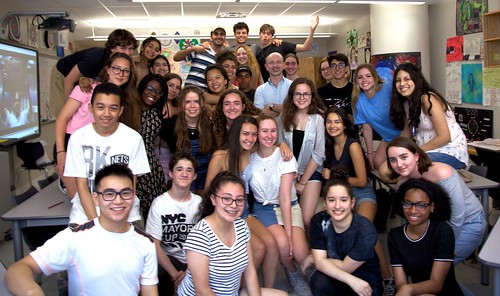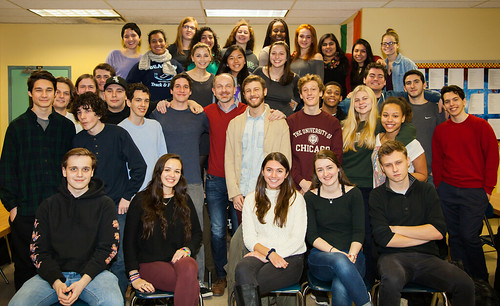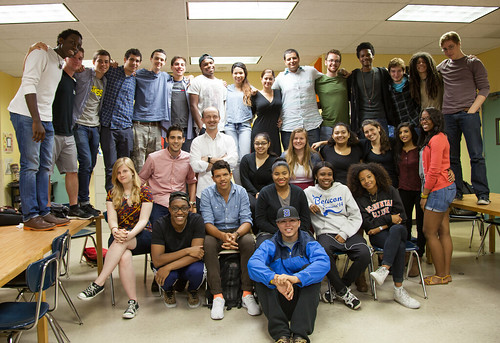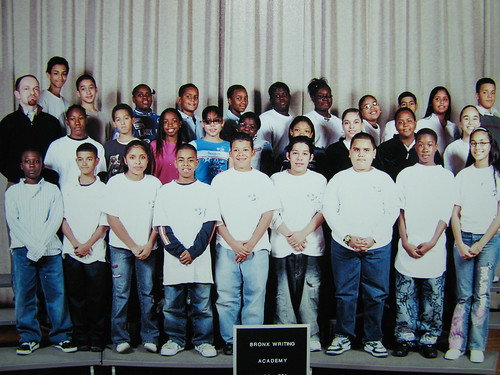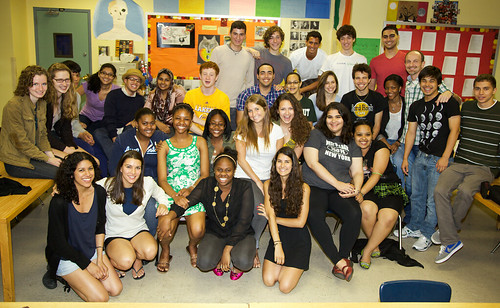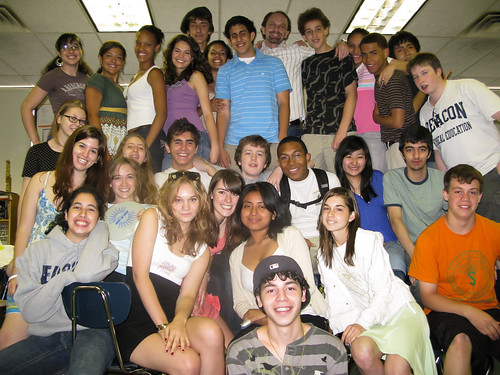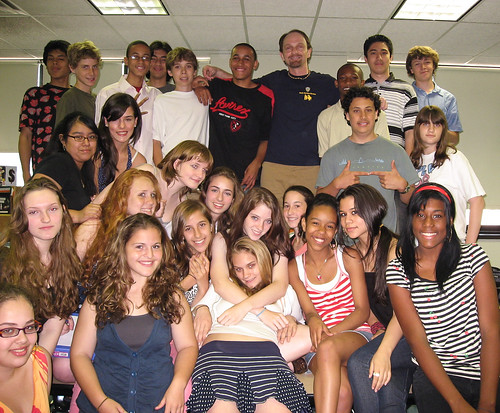I Think Therefore You Are
When one witnesses someone else acting in a way that they believe to be wrong or irrational, they often instinctually pass judgment on that person. Whether it be for who they vote for, how they raise their children, or how they present themselves (their clothes, their watch, their car), everyone thinks that they have the right formula on how to live. They see someone acting in a way that violates their morals, and think to themselves how terrible it must be to live such a life, or how bad of a person they have become. Many of these judgments stem from the values their parents gave them and the experiences they have had in their life, and ignores any possibility that people who think differently can also be good and just people. Classifying a person based on their actions or beliefs presents a great deal of ignorance, and proclaims “if anyone lives or thinks differently from me, they are wrong.” This leads to a great deal of animosity towards people, and proclaims that they possess the correct code of morals. People should avoid judging because it eliminates the possibility of understanding why people act differently, unjustly classifies people based on only a few aspects of that person, as well as distracts one from their own problems. [Read more…]



